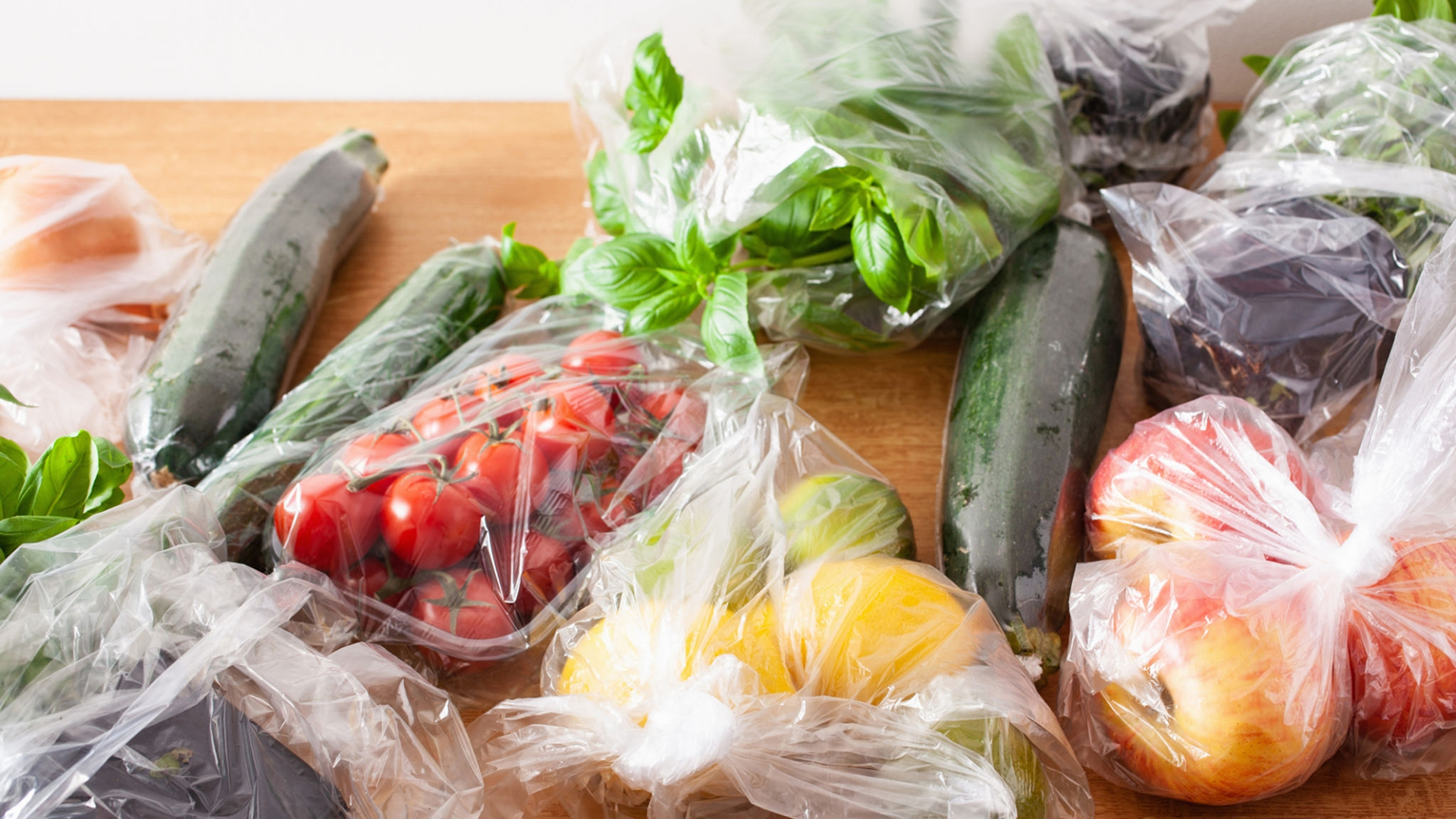Bans Can Not Solve Anythıng!
While every country has been busy with enacting a law thinking that it will prevent environmental pollution by banning plastic bags, disposable plastic packages and bags that return to our lives very quickly with a virus seem to give the countries the necessary lesson. We call it a lesson because bags were actually scapegoats. However, the cause of environmental pollution was not plastic bags, but people.
An observer from Tufts University says environmentalists concerned about plastic waste should follow up to understand the effects of the plastic bag ban. There is a growing trend of restrictions and prohibitions on the use of plastic bags worldwide. Plastic bag bans are problematic for a number of reasons.
.jpg)
Plastic is not the biggest source of pollution. We can see plastic bags because they are light. Do you think submerged metals, toxic cleaning solvents mixed with water or frying oils are too innocent. At the same time, with the prohibition of bags, consumers may turn to bad alternatives. Evidence from previous plastic bag restrictions suggests that this reduces their use, but sometimes leads to more environmental damage if customers switch to other materials with a larger kabron footprint. Aside from harvesting trees and using harmful chemicals in production, paper bags may require 400 percent more energy to make. To grow cotton requires soil, lots of water, chemical fertilizers and pesticides. Plastic bags have less impact on climate change and land use than other types of bags.
Consumption habits can actually guide us. For example, according to the UN Environment Program, a cloth bag used 50 to 150 times will have lower climate impact than a disposable plastic bag. When it comes to plastic bags, use it twice if you want to halve the damage to the environment. Down to 25 percent? Use it four times. To reduce the impact by 90 percent? Use ten times.
.jpg)
As a result, saying that this is the cause of environmental pollution, targeting plastic bags and banning them is not a solution. Prohibition is not a solution anyway. Raising awareness of people is a solution. The prohibition of plastic bags, and other bags that will replace plastic bags may be more harmful to the environment, consumers, economy and the world. We must change our perspective, look at the problem from every angle and seek solutions in line with these criteria. Otherwise, we will be talking about the forests that disappeared for paper, the land that dried up for cotton, and the resources we consume for production after 20 years. Moreover, when the time comes, we will not have a plastic bag to blame.



